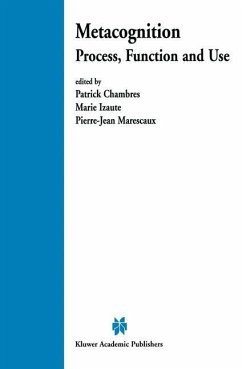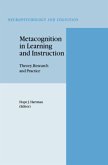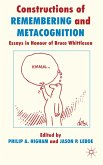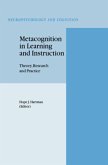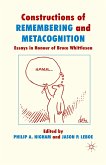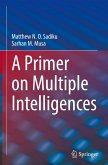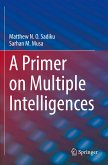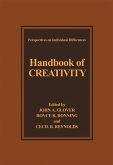New Theory and Data on Metacognitive Monitoring and Control in Different Contexts and by Different Individuals Thomas O. Nelson University ofMary/and. USA This book, divided into several sections (each containing several chapters), is timely in reporting new theory and data that help refine what is already known about metacognition (defined as people's cognitions about their own cognitions). New data are reported about metacognition during learning (especially judgments of learning that occur soon after studying new items) not only in traditionally examined people such as college students but also in children and in Alzheimer patients. Data are also reported about metacognitive monitoring during the reading of text, not only in college students but also in children. The above situations focus on the acquisition of new items from lists or from texts. However, the book also includes a chapter reporting dataaboutmetacognitionduring problem solving. Besides the chapters on monitoringinformation in anticipation of future performance (sometimes called prospective monitoring), a chapter is included that offers data about the metacognitive monitoring ofthe retrieval of information from memory, where the emphasis is on the accuracy of retrospective confidence judgments not only in adults but also in children. This topic is ofwidespread interest both in traditional domains ofcognitive psychology and in applications to domains such as forensics, where eyewitness reports are crucial tojudicial decisions. The above topics pertain to aspects ofmetacognition involving the monitoringof one's own cognitions.
Bitte wählen Sie Ihr Anliegen aus.
Rechnungen
Retourenschein anfordern
Bestellstatus
Storno

